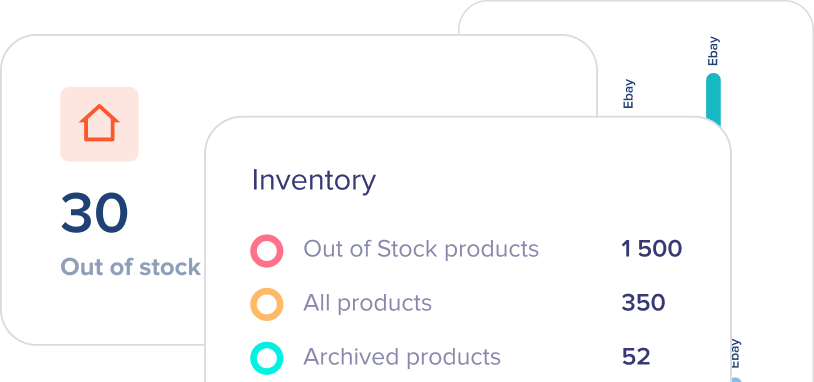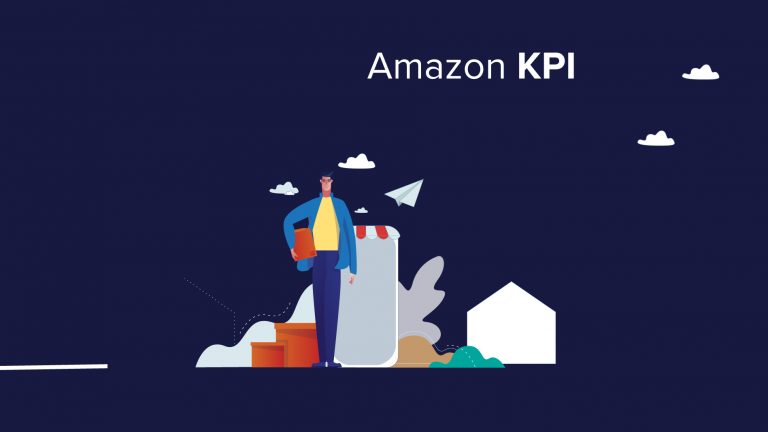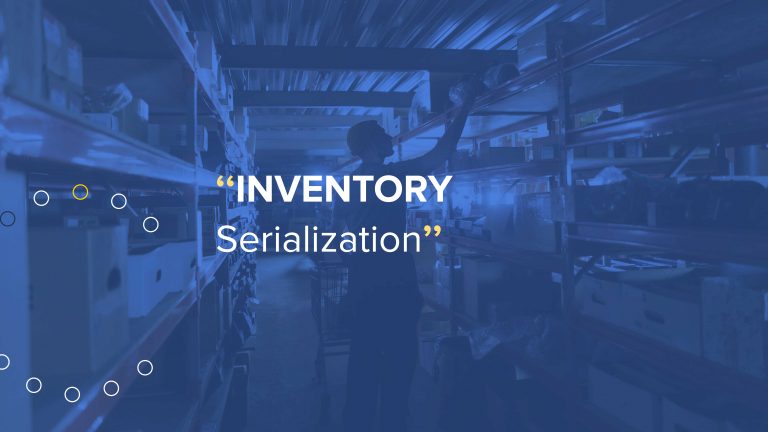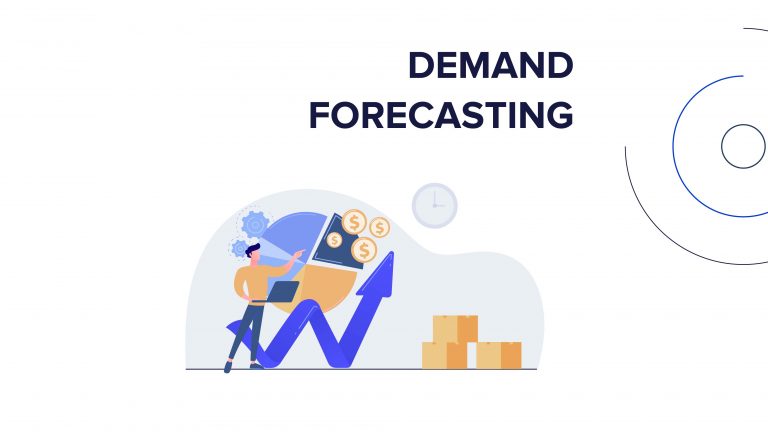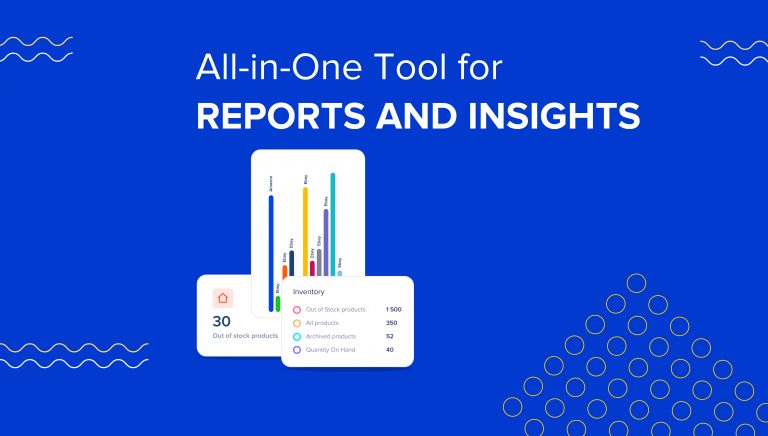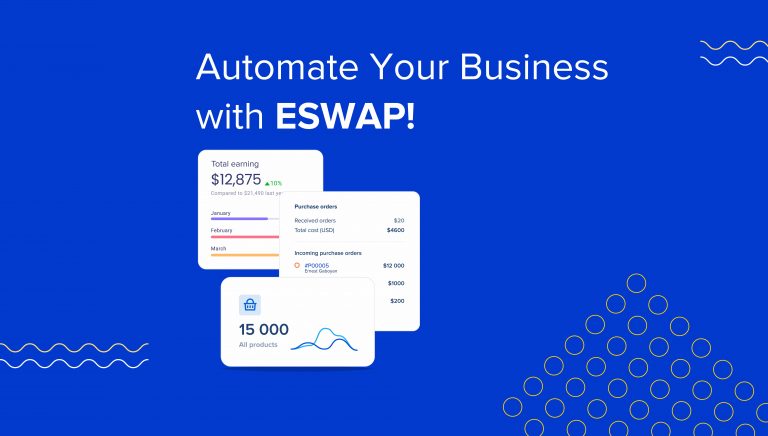Whether you are an online or offline business, understanding where your supplies come from and enhancing engagement with those sources is crucial. It will help you avoid undesirable situations like shortages and manage supply chain errors. Below find valuable information on the distributor vs manufacturer vs supplier battle to make informed decisions when forming partnerships.

Is There a Distinction Between Manufacturing and Distribution?
It is essential to understand that manufacturers would struggle to distribute their products to clients without distributors, and distributors would have nothing to offer without manufacturers. Manufacturers put together parts and materials to create a final product. Yet, distributors arrange large orders with manufacturers and sell much smaller amounts to retailers or end-users. In other words, distributors are the expert on the client, whereas the manufacturer is the expert on the product’s design, development, and production. This may be an easy idea to grasp. However, in the distributor vs manufacturer dilemma there are different purposes that perform completely different tasks. Both parties must work together to comprehend each other’s demands and overcome any obstacles in their trade relationship.
Below find valuable information about the differences and purposes of manufacturers, suppliers, and distributors.
What Is the Role of Manufacturers in the Supply Chain?
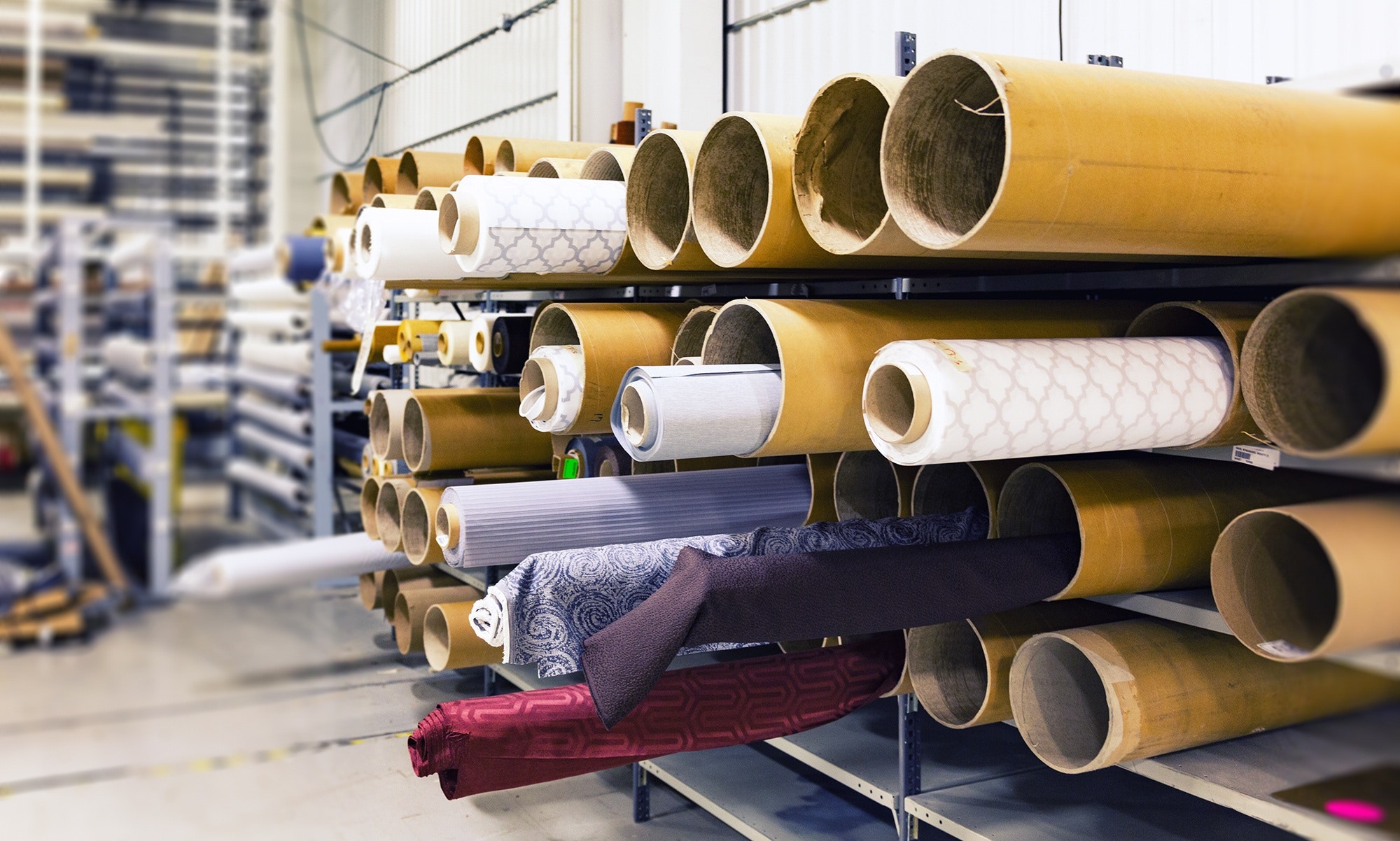
A manufacturer is a business that creates products from raw materials and sells them to consumers, wholesalers, or distributors. The role of manufacturers is vital as customer satisfaction depends on the quality of the product they create. Such practice is crucial in all supply chains. It builds and reassesses their criteria to make informed judgments about costs, pricing, quality, and speed. At every stage of the production process, from materials and labor to delivery and storage. As a result, e-commerce is tailored to the demands of distributor vs manufacturer, solving their requirements and streamlining business procedures.
What Is the Primary Objective of a Supplier?
Distributors are essentially individuals or corporations that supply products and services. The manufacturer sends the items to the supplier, and the manufacturer and the supplier are sometimes the same people. A supplier collaborates with distributors and wholesalers to ensure that they receive the required products and items. Essentially, no shop would be able to sell the things they desire if they didn’t have access to distributors, so partnering with them is essential. It is crucial to understand that while suppliers may be able to manufacture or create things, they still lack the means to sell them directly to retailers or customers. You’re less likely to sell directly to customers when dealing with a supplier.
Distributors have the necessary channels and marketing skills to sell their products to wholesalers and, in some instances, retailers. Suppliers are critical to the distribution process because they ensure that other parties can get the goods or services they need. The supplier’s top of the supply chain, with at least one intermediate between the provider and the retailer. Suppliers can’t go forward with their products once they’ve been manufactured or packaged. Therefore they need the support of a distributor to get them out there.
What Are the Benefits of Partnering with a Supplier?
There are various reasons your company would want to engage directly with a vendor. For instance, you may want to work with suppliers if you need raw ingredients to manufacture your products. Before engaging with a supplier, you must first understand which company best meets your needs and demands. It’s also crucial to know how to collaborate with them and get the most out of your business partnership. It is vital that you fully understand a supplier’s company and what they can and cannot accomplish for you to operate productively with them. It is also essential not to make unrealistic demands to avoid misunderstandings and for the partnership to function more smoothly. Another crucial aspect to consider is your contact with your suppliers. Poor communication may lead to various issues, so keep your lines of communication open.
When looking for a supplier, take into account the following questions:
- Are they suggesting the best price for the product?
- Are they trustful?
- Can you find any reviews and feedback about their company?
- Are they experienced?
- What is their reputation in the market?
When selecting a supplier, keep in mind that the closer they are to you, the sooner you will be able to receive your items.
What Is the Role of Distributors?

A distributor is a mediator between suppliers and retailers with a vast warehouse capacity and a sales and delivery team that serves stores in a specific area. In other words, distributors resell products and items from their suppliers. Suppliers do not design or manufacture products but sell what has been imported and produced. A distributor will frequently get into an exclusive purchase arrangement, limiting the number of people who may sell the product. They might be in charge of distribution in a particular country or region. Although distributors can occasionally offer items directly to clients, they don’t frequently do so. They are more likely to collaborate with wholesalers or sell to retailers directly. Their job includes distributing things to others who will sell them to consumers. The distributor’s responsibility is to repair any items that arrive damaged to the wholesaler or retailer and offer dependable customer support to all the organizations they distribute.
Why Work with Distributors?
Following the distributor vs manufacturer dilemma let’s try to find the benefits of cooperating with distributors. Working with a distributor may help a company develop by increasing their product distribution or enabling them to broaden the items they offer as a store. When you engage with a distributor to get your items onto store shelves or sell them to wholesalers before they reach customers, they will buy your products. It is crucial to understand that you need to know how to advertise your products precisely.
In order to make a solid business partnership with distributors, consider the following:
- Make sure that your products are ready to sell in every aspect, setting the price, packaging, or advertising peculiarities.
- Conduct thorough research to learn more about your distributor as they are the ones you are going to sell your products to.
- Identify your target audience and ensure that your distributor can reach your target market.
- Collecting references from retail customers at trade exhibitions is an excellent way to get references when choosing a distributor.
Choose a Practical Inventory Management System
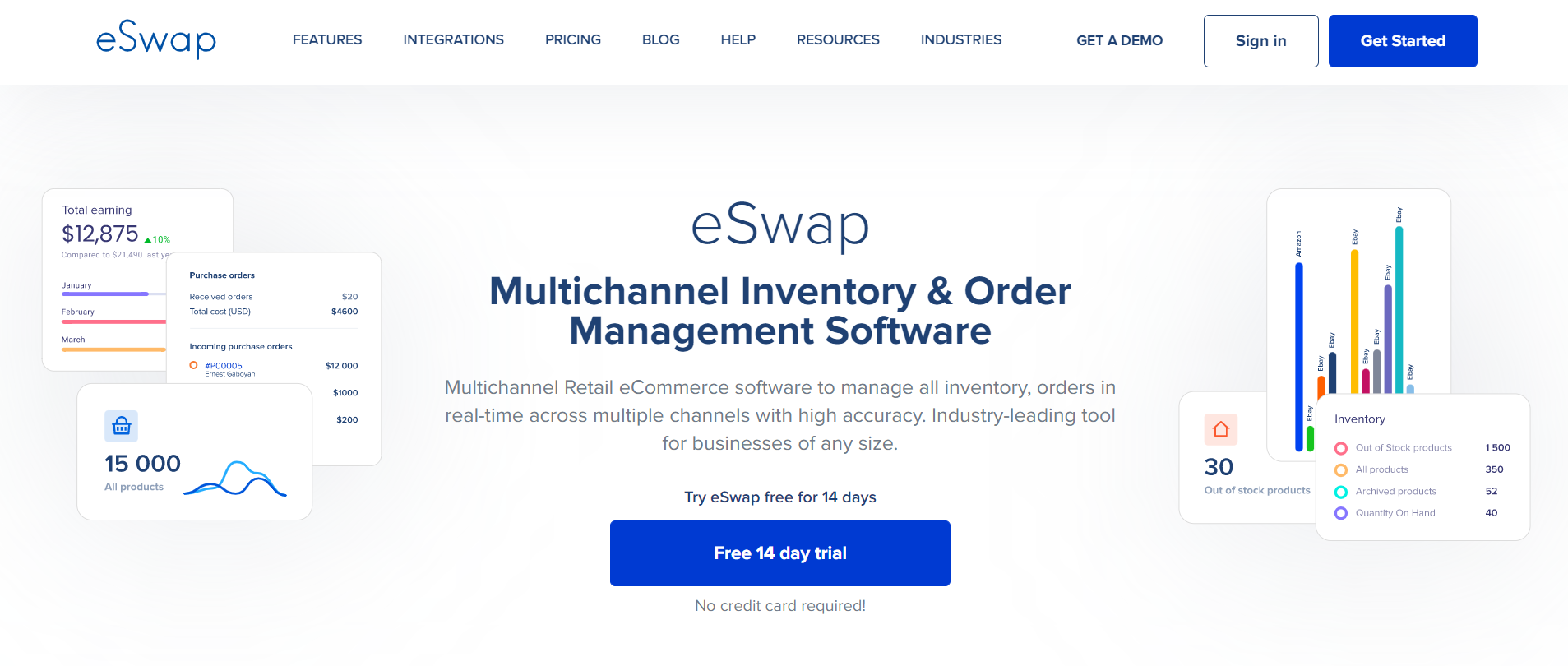
Powerful partnerships are crucial for business success, and so are the inventory management systems you choose to work with. eSwap multichannel inventory management software will equip you with an advanced set of tools and functionalities, allowing you to manage all inventory and orders simultaneously across multiple channels with high precision. eSwap will enable you to have complete control over your stock and maintain precise track of it. With the eSwap inventory management system, you will be able to synchronize all inventory on multiple eCommerce platforms like eBay, Amazon, and Walmart. Data synchronization is vital as it allows businesses to centrally manage their inventory and orders while selling across multiple channels.
The inventory management system provides advanced features to manage shipping with a single click. eSwap’s shipping integrations will enable you to ship your products globally. Moreover, you can compare shipping carrier quotes and use Amazon FBA to fulfill orders from eBay or any other channel.
Sign up for a free 14 days trial to get familiarized with the most advanced tools and features
